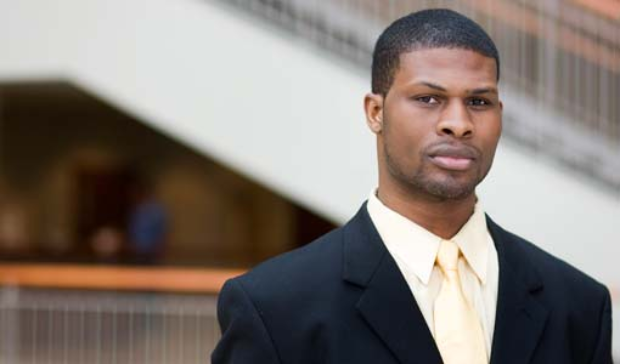During my six years as dean, I think I have heard just about everything one could hear about the School of Law’s mission. A number of people in our community have told me that we are failing our mission because we are neglecting the social justice part of it, and some have complained to me that we are falling down on the faith side of our mission. Faculty and students who are left of center politically have told me they worry that we are trending too far to the right; and a different group of faculty and students – from the other side of the spectrum – have expressed their concerns that we are unsupportive of political conservatives. I have been told that we are “too Catholic,” and that we are “not Catholic enough.”
Usually, when someone from our community voices one (and almost always just one) of these objections to me, I respond with a smile. I typically then express my view that since I frequently hear concerns expressed on the other side of the issue, we must be steering a healthy course, following the appropriate path. I appreciate, however, that my reaction might be too glib and call for a longer explanation. And so, let me take a shot at a more complete response.
As most of you have heard me say, I believe our mission is principally about personal and professional formation. The words of our mission statement evoke this fundamental objective: “integrating faith and reason,” “the search for truth” and a “focus on morality and social justice.” The concept of integration should conjure up in our minds an image of the whole or centered person, the authentic individual – what God desires for each of us in all that we do. In my view, the phrase, “search for truth,” is the most vital phrase in our mission statement, because it conveys that our formation as authentic individuals is a personal journey and that it is a lifelong process. We are never fully formed as children of God; indeed, we are always striving to come closer to that ideal individual – and that ideal attorney – the servant leader who leads her community by serving others. Finally, the concepts of “morality and social justice” tell us that our personal and professional lives should truly be focused on serving others with integrity and on working in our own ways and using our distinctive talents to promote the common good.
In articulating our mission in this manner, I do not believe we express a political statement or message. I do not believe, in other words, that our mission urges us to steer in one or another political direction – unless one thinks that it is “politics” to assist students along their paths to become servant leaders. While our institutional identity requires us to be faithful to Catholic teaching when the institution acts, much of what we do within the walls of the School of Law is about students and their personal and professional formation, their views, their values – not about my social or political views or values and not those of my colleagues on the faculty and staff.
With these thoughts in mind, our objective is to recruit a faculty and staff who are dedicated to this mission and focused on our students and their needs, their hopes and their aspirations. To do this well, we should be mindful of the diverse community that makes up our student body. And so our faculty and staff should be Catholic and non-Catholic; they should come to St. Thomas with different social and political perspectives. They should mirror the gender and racial diversity of our broader community. Most important, they should be people of faith on a journey themselves who are dedicated to helping our students – and our graduates – along their own journeys.
These are a lot of balls to juggle and keep in the air at the same time, especially in a small community with not very many faculty and staff. At any given point in time, some of you may believe we’ve dropped a ball or two. I accept this criticism, but I also ask for your patience and your grace as we seek to serve the needs of all our students and graduates.
Thomas M. Mengler
Dean and Ryan Chair in LawUniversity of St. Thomas School of Law




